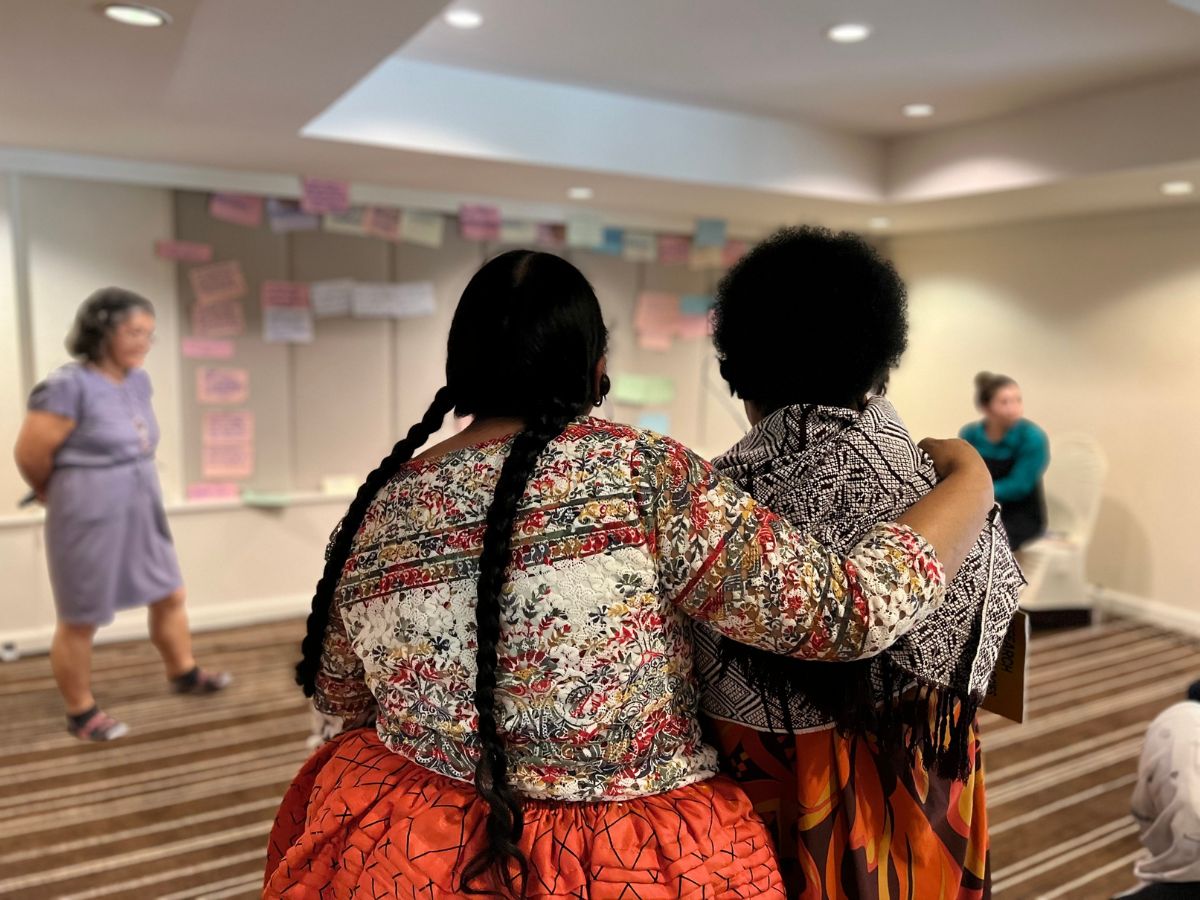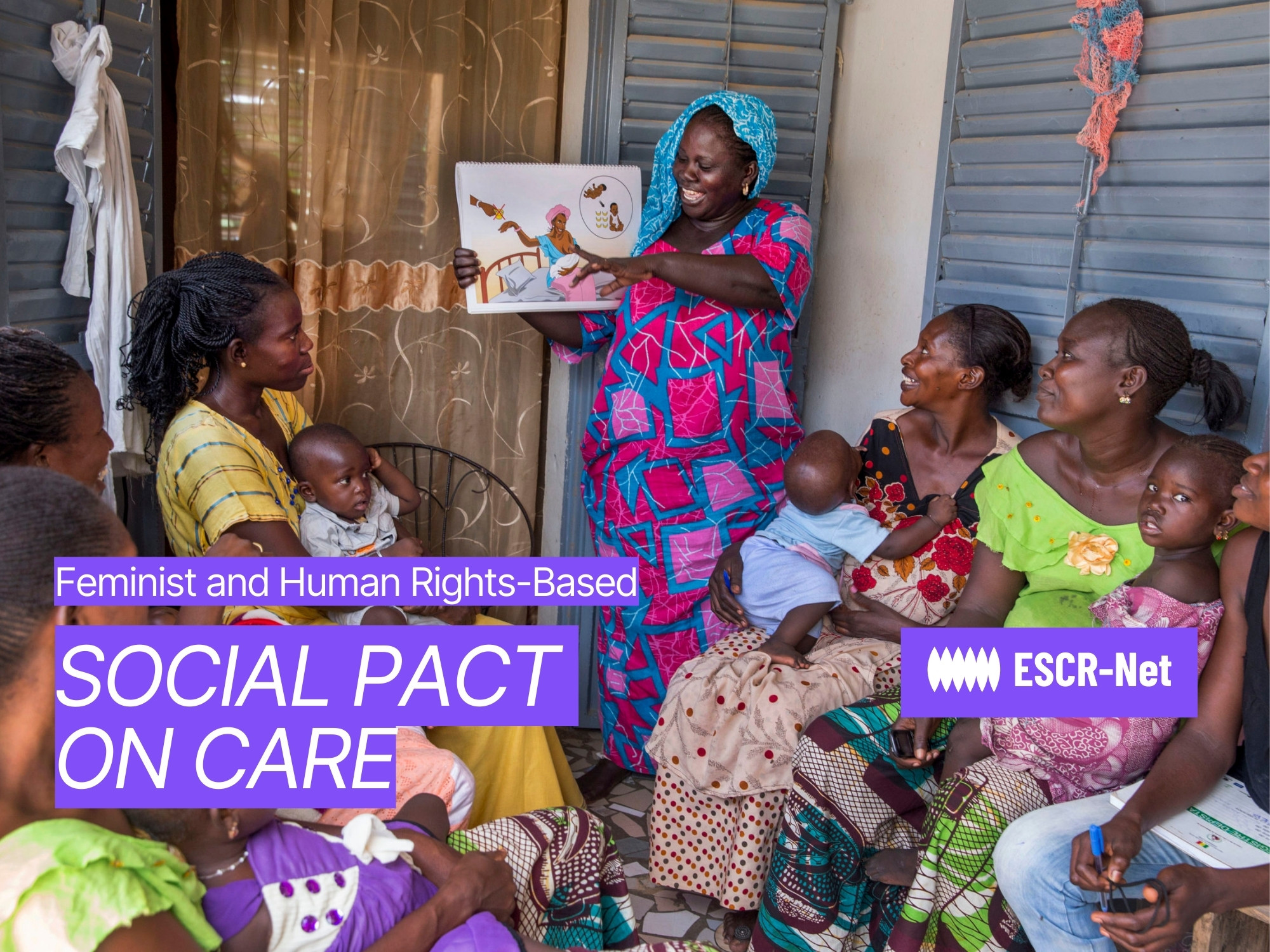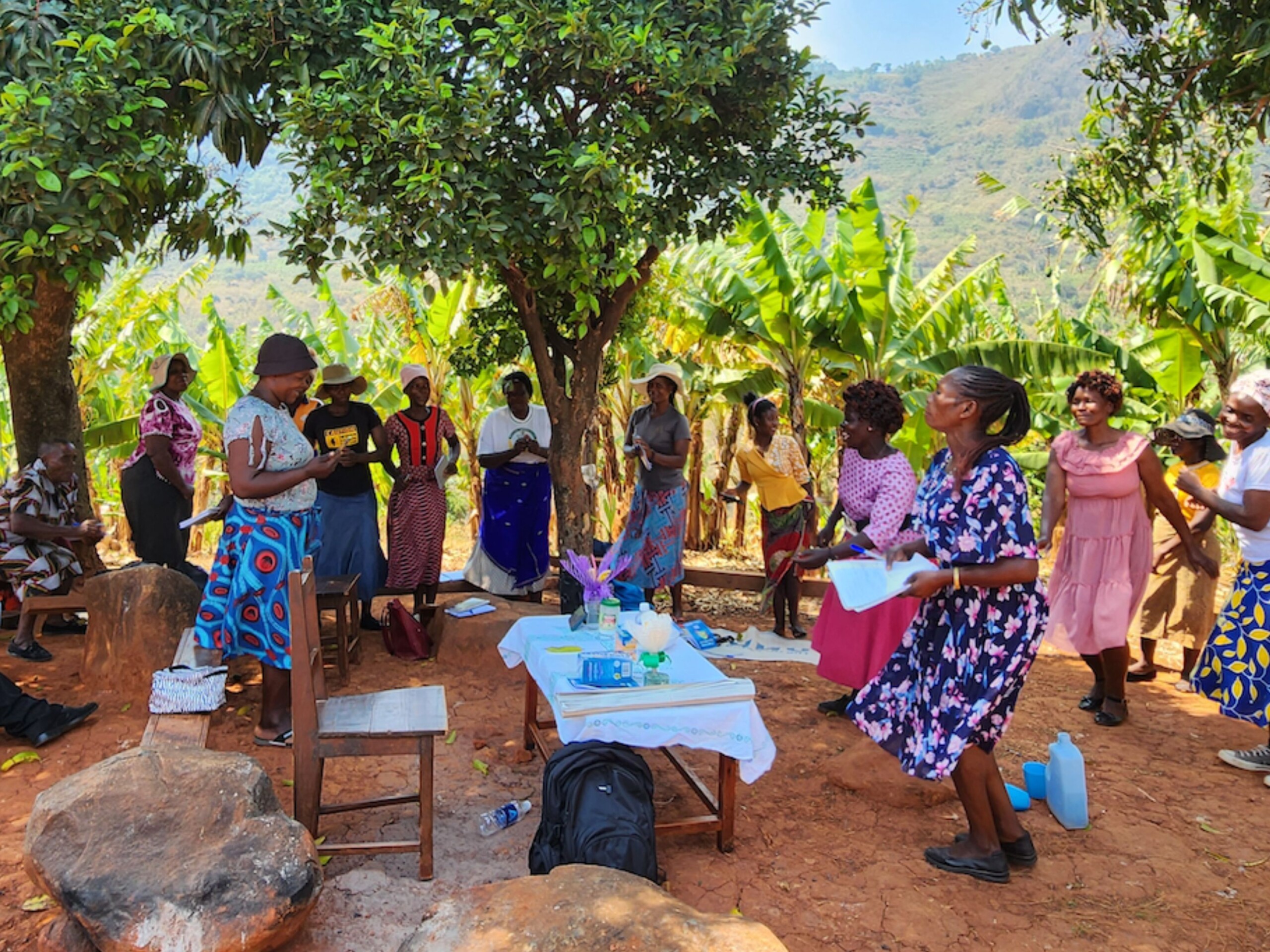In a world shaped by exploitative economic systems and intersecting crises, this initiative seeks to build alternatives rooted in collective care, community knowledge, and feminist resistance. Through FPAR, organizations and movements from across the globe will co-create evidence and narratives to support just and care-centered economies, aligned with ESCR-Net’s Social Pact on Care.
This initiative is grounded in Feminist Participatory Action Research (FPAR)—a methodology that challenges extractive research models by centering the knowledge of women and communities. Participants will develop and conduct their own research process and journey, shaping the questions, methods, and outcomes based on their lived experiences, political contexts, and ancestral knowledge.
The research process—running from May 2025 to November 2026—will combine local fieldwork, collective learning, in-person and online exchanges, and storytelling strategies to strengthen advocacy rooted in care.
At the heart of this work is a shared understanding: today’s dominant economic model—neoliberal capitalism—is built on extraction, colonialism, racism, and patriarchy. It thrives by exploiting the labor of feminized and racialized communities and by devaluing care work, even though care is what holds our societies and ecosystems together. Through this initiative, participants will explore how their communities practice care in the face of crisis—be it environmental destruction, an unjust debt burden, or a lack of public policies that uphold care rights. They will draw on ancestral knowledge, lived experience, and collective memory to document alternatives that already exist and imagine new ones. Together, they’ll co-create visions of caring economies that put dignity, equity, and sustainability at the center.



